USER GUIDE FOR RS485 FUEL LEVEL SENSOR CAP10CNR
| CAP10CNR-MN-EN-01 |
JUN-2020 |
This document is applied for the following products
1. Introduction
CAP10CNR is industrial version of PulseCAP10, designed for industrial applications like generator, stationary fuel tank in factory, building, construction site...CAP10CNR has RS485/ModbusRTU output, can be connected easily to any industrial devices like PLC, IoT Gateway, iConnector... CAP10CNR has very high accuracy 0.1% of span, can be used for tank up to 30.000 liters volume.
2. Notes
- The technicians who install sensor, must be graduated from college of mechanic or electric.
- The mechanical installation staff (drill, cut, grind, etc.) must have skills in mechanical engineering.
- The electrical installation staff (connect, etc.) must have skills in electrical engineering.
- The technician must be trained before using.
3. Safety
- CAP10CNR is intended to use with Diesel Oil, Vegetable Oil.
- CAP10CNR must not be used with other flammable fluid such as Gasoline, Alcohol, Ethanol, Acetone, Toluene or other solvents.
- Be careful while drilling, cutting, grinding, etc. The fuel tank or other flammable fluid.
- Daviteq is not responsible for compensation in case of explosion to bodily injury or property damage.
4. Note Before Installation
- Read specifications thoroughly and make sure that its output are suitable to reading devices.
- Power supply must be in the permitted range.
- Do not take out the label and take off the lid as this will lead to the instability of the sensor and manufacturer could deny warranty. (except cutting of sensor length within the allowed range).
- Make sure all the necessary tools are ready before the installation.
- CAP10CNR be equipped with screws. We advise customers should use stainless steel rivets to fasten the plastic flange onto tank for all type of tanks and only using screws for the thick and hard ones.
5. Specification
| Sensor length | standard 1000mm or 1500 mm, extend to 4000 mm (by extension probe) or cut down to 100 mm |
| Output | RS485/ModbusRTU |
| Power supply | 8..50VDC |
| Consumption | max 35mA |
| Working pressure | -1 .. 2 barg |
| Working temperature | -40 °C .. + 85 °C |
| Accuracy | +/- 0.1% of span (at 25 °C ) |
| Temperature drift | < + 0.03% of span per 10 °C |
| Resolution | 1/1000 of span |
| Sensor materials | Alloy & Engineering plastic |
| Electrical connection | connector M12 (matched connector and cable must be ordered separately) |
| Housing | Cast aluminum, IP67 protection |
| Process connection | Plastic flange |
| Standard accessories | flange, o-ring, gasket, protection covers, self-tapping screws, twisted seal |
| Certification | CE-Marking per EN61236-1 (with test report) |
6. Full Package
7. Tools
|
No |
Tool Name |
No |
Tool Name |
|
01 |
Drilling machine |
10 |
Drill (Φ38) |
|
02 |
Pump |
11 |
Silicone gasket |
|
03 |
Rivet clippers (In case of using stainless steel rivet) |
12 |
Twist drill 4 mm (In case of using stainless steel rivet) |
|
04 |
Tube cutter |
13 |
Electrical tape |
|
05 |
Swivel Blade |
14 |
Cutting pliers |
|
06 |
Hacksaw |
15 |
Phillips screwdriver |
|
07 |
File |
16 |
Pencil |
|
08 |
Tape measures |
17 |
Multi Meter |
|
09 |
Allen key 2 mm |
18 |
Calibration can |
8. Sensor Installation Guidance
| Step | Discription | Note |
| 1 | Remove fuel: Remove all fuel from the tank. |
Some tank have been welded with oil filter and have float level sensor installed, so it is necessary to take out the float level sensor before removing the fuel. |
|
2 |
Clean the tank |
Must clean the tank thoroughly. |
|
3 |
Central hole locating: The hole will be in the center of tank's up-per side or closest to center. |
This is an important step as it will directly affect the stability of the fuel level data. |
|
4 |
Drilling the central hole:
|
Before drilling, it is vital to check whether the hole is affected by the internal metal frame or obstacles at the bottom the tank. |
|
5 |
Flange installation:
|
|
|
6 |
Sensor cutting: After flange installation, we determine the length of the sensor to be installed as picture below: C = L+20+20-(H+14) => C = L+26-H (mm) C: Length to be cut. L: Original length of the sensor. H: Height of the tank.
Sensor length is L = 2000, H = 1700 mm => C = 326 mm => Cut the sensor pipe length of 326 mm. |
|
|
7 |
Calibration:
|
|
|
8 |
Final:
|
|
9. Disassembly Guidance
| Please follow the below steps: | Note |
|
Step 1: Remove the cover Step 2: Remove the terminal connector Step 3: Use the 2 mm Allen key to unlock the hex bolt Step 4: Turn the sensor in counter-clockwise direction |
|
10. Wiring
10.1 M12-Male Connector of Sensor
|
M12-Male Connector |
1. PWR+ : 8...50VDC 3. GND : OVDC, Ground 2. A 4. B |
10.2 Follow Labels on Wires
Each cable includes wires which are marked labels according to types of connection. (user should not cut these labels before installation to avoid confusing)
10.3 Follow Wire Colors
- Red: PWR+(8...50VDC)
- Black: PWR-(OVDC)
- Green: B
- White: A
Recommend to use 24VDC power.
The signal cable from sensor should be protected by corrugated hose or the Φ16 plastic tube, keep the cable avoid high temperature areas.
10.4 RS485 Communication setting
Default communication parameter:
- Baudrate : 19200
Data bit : 8
Stop bit : 1
Parity : None
Modbus Slave address : 30
10.5 Memmap registers
READ uses command 03, WRITE uses command 16
|
Modbus Register |
Function code |
# Register |
Length | Range | Default | Format | Properties | Description | Unit | Comments |
| 30001 | 4 | 1 | 2 | 0-1000 | UINT16 | Read | Damping output, part per thousand length | ‰ | ||
| 30002 | 4 | 1 | 2 | 0-1000 | UINT16 | Read | Non damping output, part per thousand length | ‰ | ||
| 30003 | 4 | 1 | 2 | UINT16 | Read | Value of C | ||||
| 30005 | 4 | 1 | 2 | UINT16 | Read | FW_version | ||||
| 30006 | 4 | 1 | 2 | INT16 | Read | Level Rate (difference in fuel level per minute) | ‰ | Multiply this value with area of tank to give the flowrate (liter per minute). Nagative value is flow out (consumption), Positive value is Flow in (Refilling) | ||
| 40007 | 3 | 1 | 2 | 1-247 | 30 | UINT16 | Read/Write | Address of slave | ||
| 40008 | 3 | 1 | 2 | 0-1 | 1 | UINT16 | Read/Write | Baud rate |
Baud rate: 0: 9600, 1: 19200 |
|
| 40009 | 3 | 1 | 2 | 0-2 | 0 | UINT16 | Read/Write | Parity |
Parity: 0: none, 1: odd, 2: even |
11. Periodic Cleaning Guidance
- Periodically clean the oil tank 2, 3 or 6 months depending on usage and contamination.
- Periodically clean the sensor and filter footer 2, 3 or 6 months by:
- Cover a sensor's vent before using the air sprayer for another.
- Remove and clean the filter footer.
12. Troubleshooting
| No. | Phenomena | Reasons | Solutions |
| 1 | Modbus failed to communicate | Connection or configuration error |
|
| 2 | Timeout Modbus | Noise appears on the line |
|
13. Warranty
Warranty is applied for CAP10CNR fuel level sensor manufactured by Daviteq.
CAP10CNR fuel level sensor will be warranted for a period of eighteen (18) months from date of delivery.
13.1 Free Warranty Condition:
- Manufacturer undertakes to guarantee within 18 months.
- Product failed due to defects in material or workmanship.
- Serial number, label, warranty stamp remains intact (not purged, detected, edited, scraped, tore, blurry, spotty or pasted on top by certain items).
- During warranty period, if any problem of damage occurs due to technical manufacturing, please notify our Service Centre for free warranty consultancy. Unauthorized treatments and modifications are not allowed.
- Product failed due to the defects from the manufacturer, depending on the actual situation, Daviteq will consider replacement or repairs.
Notes:
- One way was shipping cost to the warranty centre shall be paid by Customers.
13.2 Paid Warranty
- The warranty period has expired.
- Product is not manufactured by Daviteq.
- Product failed due to damage caused by disasters such as fire, flood, lightning or explosion, etc.
- Product damaged during shipment.
- Product damaged due to faulty of installation, usage or power supply.
- Product damaged caused by the customer.
- Product rusted, stained by effects of the environment or due to vandalism, liquid (acids, chemicals, etc.)
- Product damaged caused by unauthorized treatments and modifications.
Note:
- Customers will be subjected to all repairing expense and shipping cost.
- If it arises disagreement with company's determining faults, both parties will have a third party inspection appraise such damage and its decision be and is final decision.
Warranty service support is available from Monday to Friday (excluding Public Holidays as prescribed)
08:00 AM - 12:00 AM
01:30 PM - 05:00 PM
Hotline: +84.906.885.858
14. Support contacts
|
Manufacturer Daviteq Technologies Inc No.11 Street 2G, Nam Hung Vuong Res., An Lac Ward, Binh Tan Dist., Ho Chi Minh City, Vietnam. Email: info@daviteq.com | www.daviteq.com |

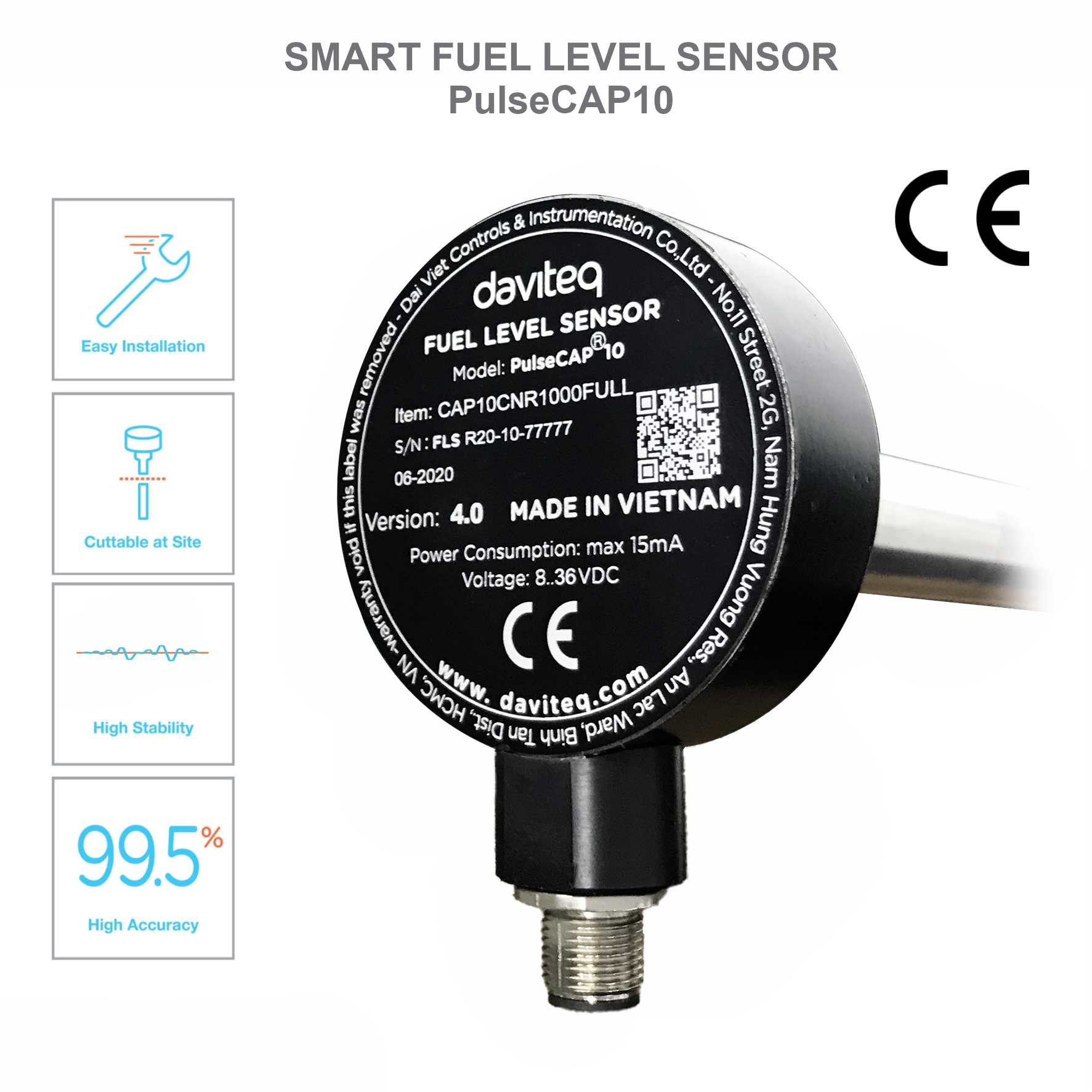
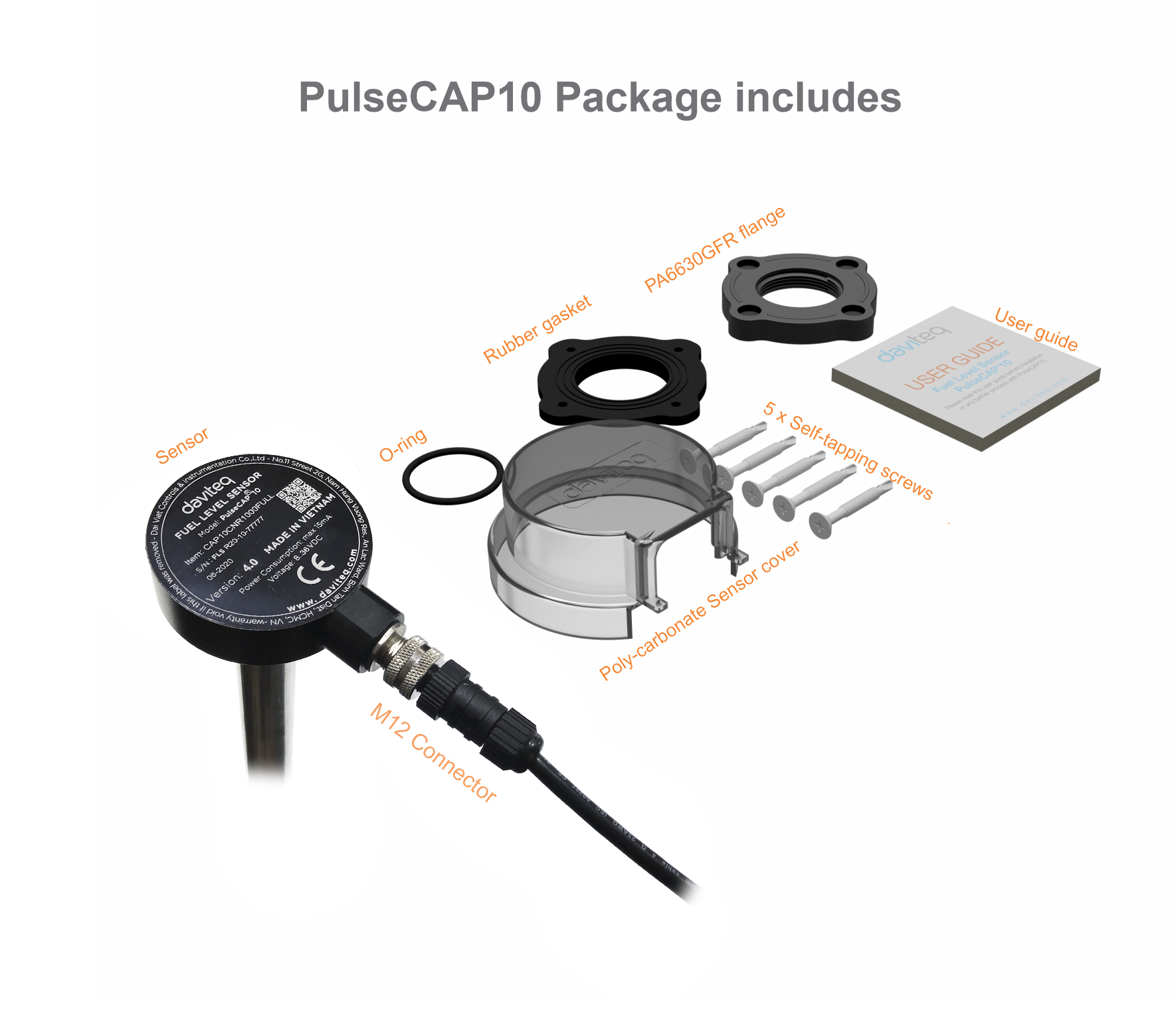
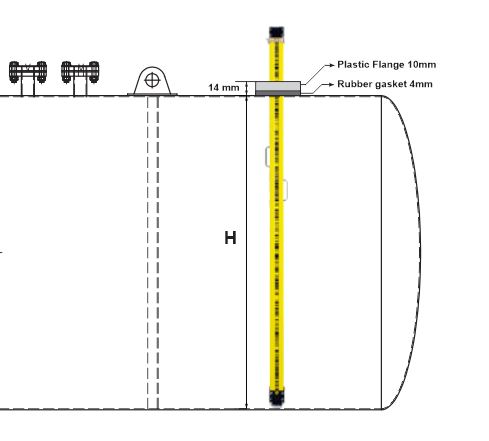
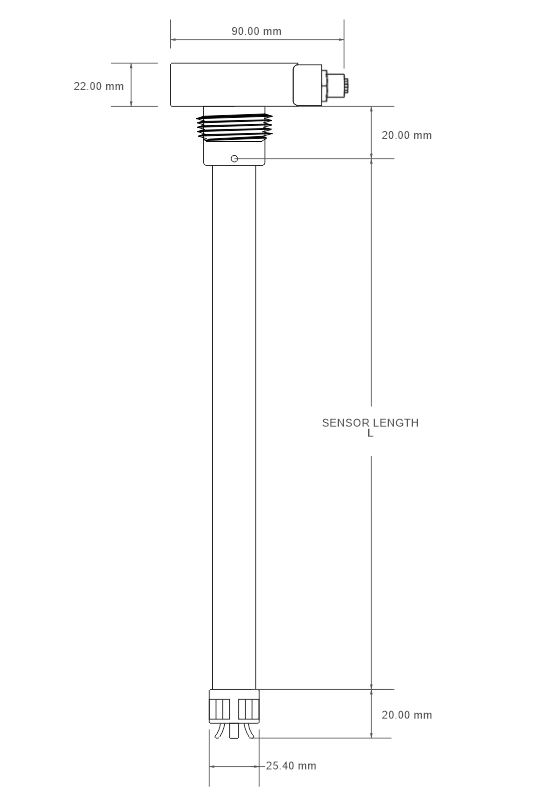
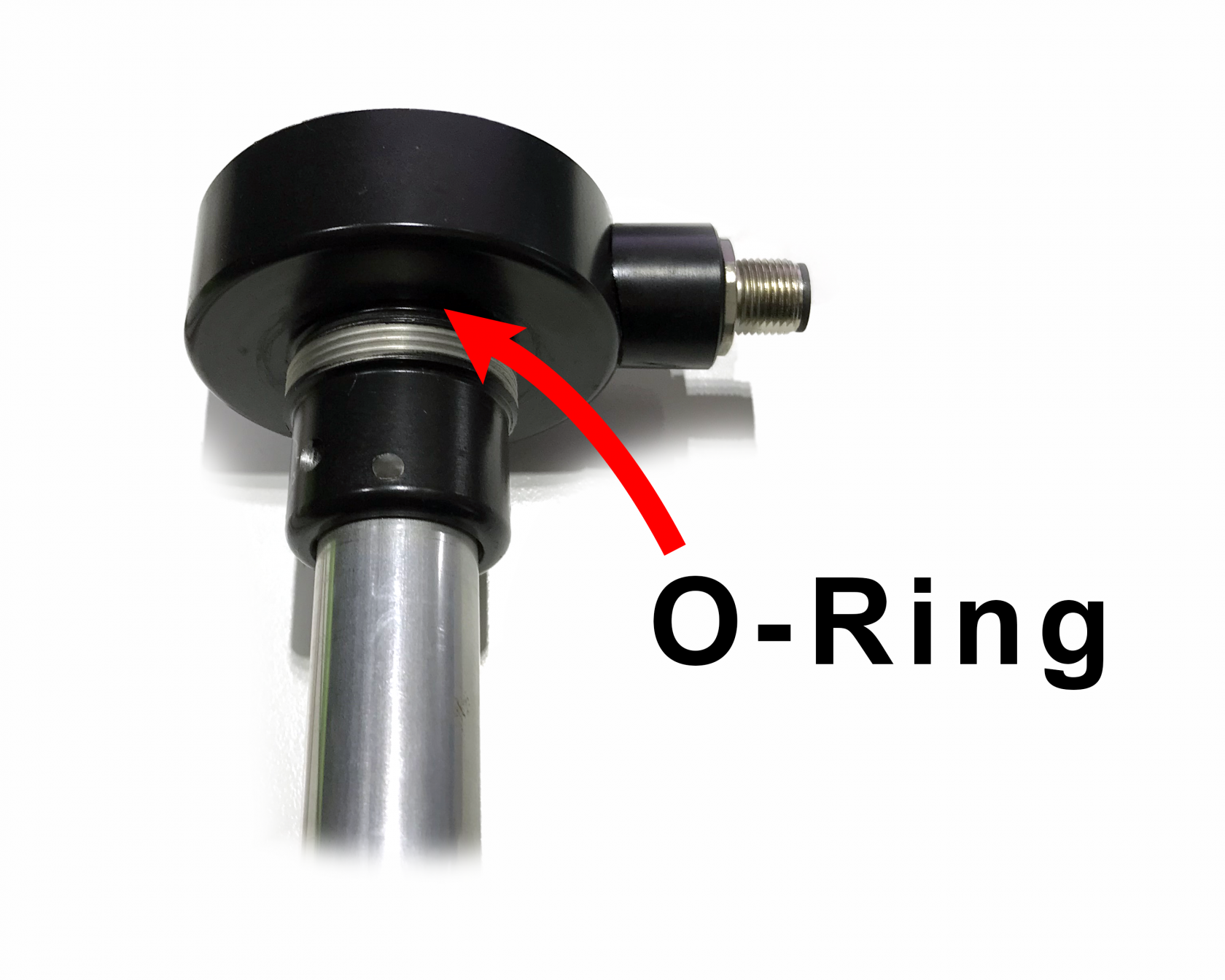
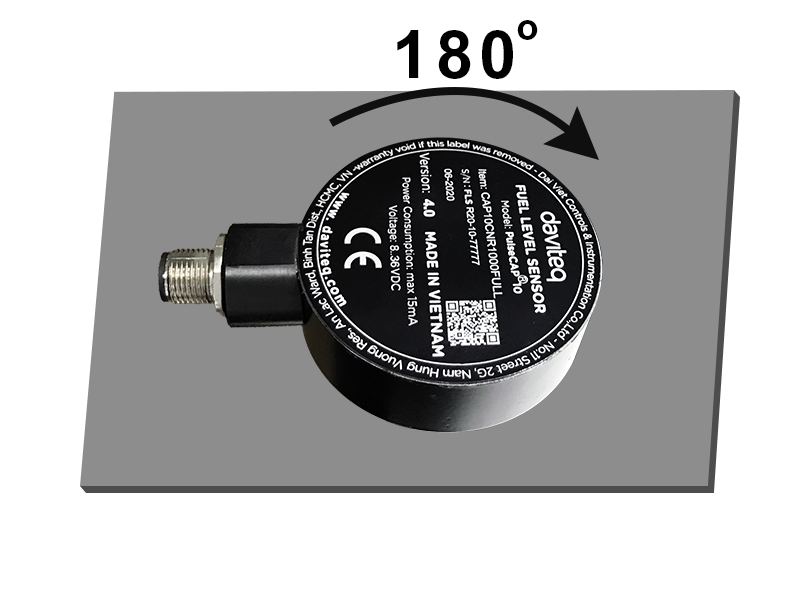
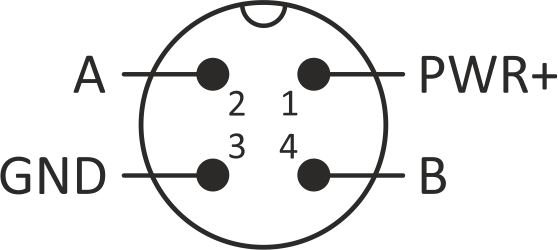

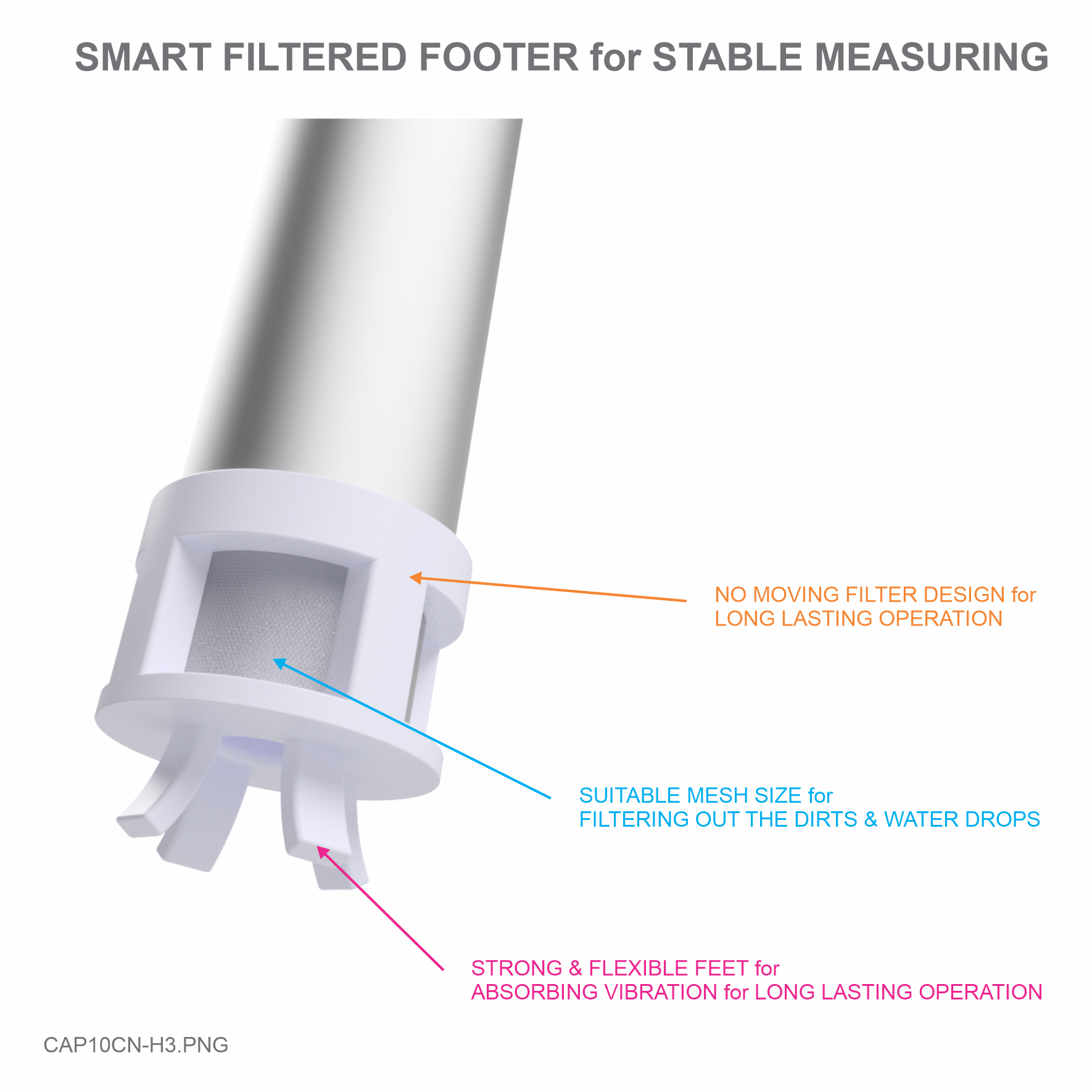
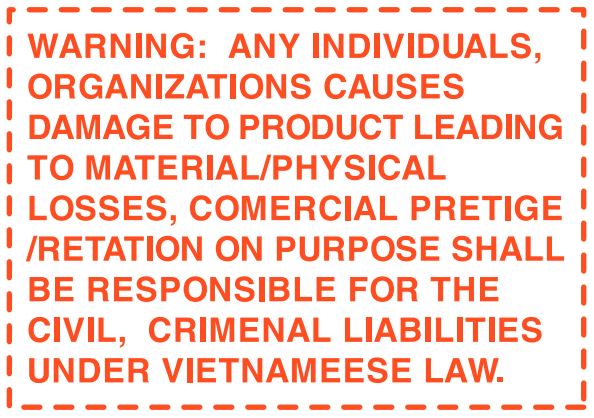

No Comments